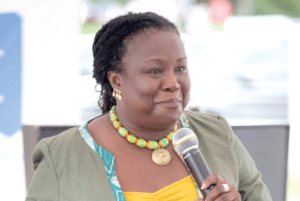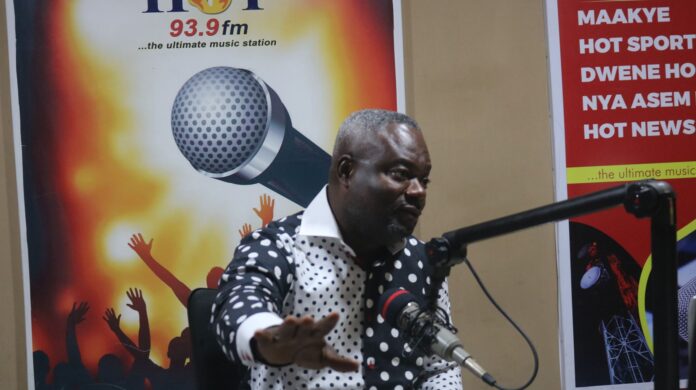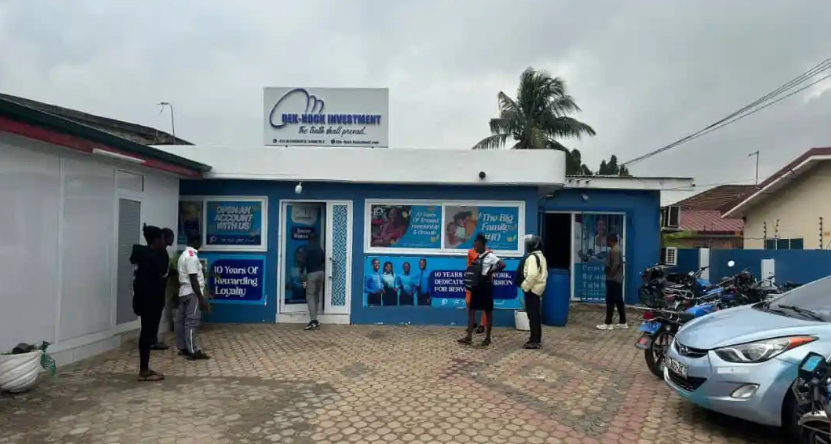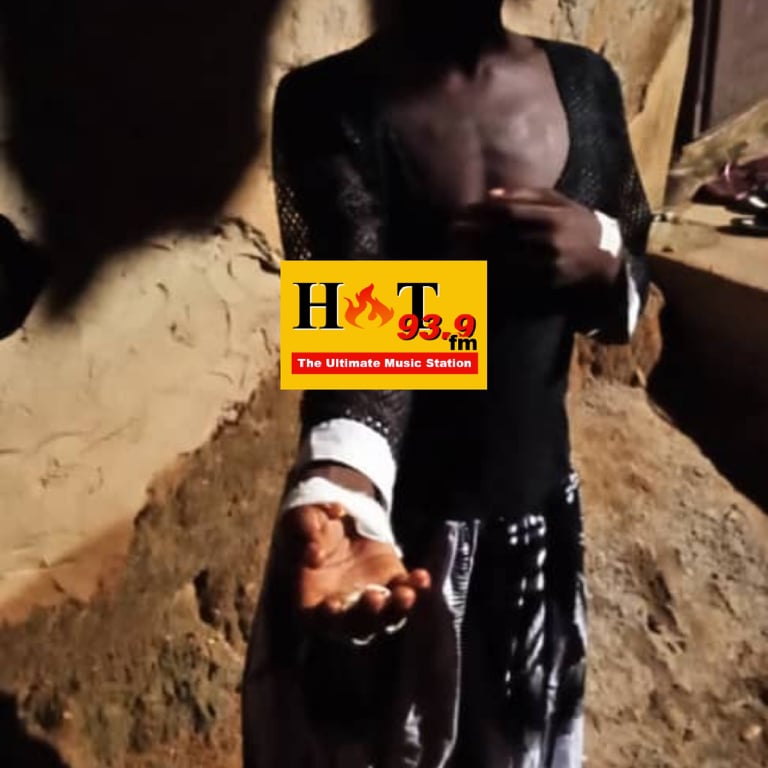Professor Audrey Gadzekpo of the Department of Communication Studies, University of Ghana, has made a strong case for journalists to be well remunerated to ensure the effective and professional delivery on their mandate.
The current state of remuneration for journalists was precarious and “shockingly low,” which impacted negatively on the quality of stories they produced, she said.
“Salaries are woefully low, shockingly low…considering that media work is formal work, and you don’t expect formal work to be so precarious.”
This form part of the key findings of the “The State of the Ghanaian Media Report 2023” launched by the Department of Communication Studies, University of Ghana, in Accra, on Wednesday.
Prof Gadzekpo, a former Dean of the School of Information and Communication Studies, and Chairperson of CDD-Ghana, who presented the Report, charged media owners and managers to improve the working conditions of their staff to enable them to work effectively.
The Report, among other things, was to determine the financial viability of media organisations in Ghana, and the safety and working conditions of media practitioners.
It found that the poor recruitment process, which lacked transparency, was a major reason for the poor remuneration of media practitioners in the country.
“It tends to be who you know, rather than the formal advertisement that will go out to say, we have this job available, and therefore, it invites people to apply, and it becomes more meritocratic,” she said.
“Whereas many earned an average of GH¢500 to GH¢1000 a month, majority also worked without contracts.”
One concern was the poor working conditions, generally.
“The research found that how you came in determines the conditions of service, who brought you in, determines your conditions of service,” Prof Gadzekpo said.
Most media organisations were under severe financial stress, she said, adding; “At best they are breaking even.”
On safety of journalists, she mentioned a growing sense of insecurity among journalists in the country and said even though the violations were a little bit gendered, male journalists were more at risk of physical attacks.
Even though such attacks were mostly perpetrated by state actors, political appointees, the police and national security, a significant minority (almost 46 per cent) of the attacks were by non-state actors, including political fanatics, foot-soldiers and church congregants.
Prof Gadzekpo, therefore, recommended the establishment of regulatory frameworks to safeguard the wellbeing and security of journalists.
That, she indicated, would prevent political capture of the media and ensure accountability.
She also called on institutions responsible for frequency authorisation to de-politicise them to make them more transparent.
“There’s also the important issue of how to address media conglomeration and concentration. The more your media is concentrated, the less diversity there is. So that’s an important recommendation that has been put out in the report,” she added.
Mr George Sarpong, the Executive Director, National Media Commission commended the Department for a good job and said the report would enable policy makers, media owners, managers and journalists to undertake measures to improve the media profession.







